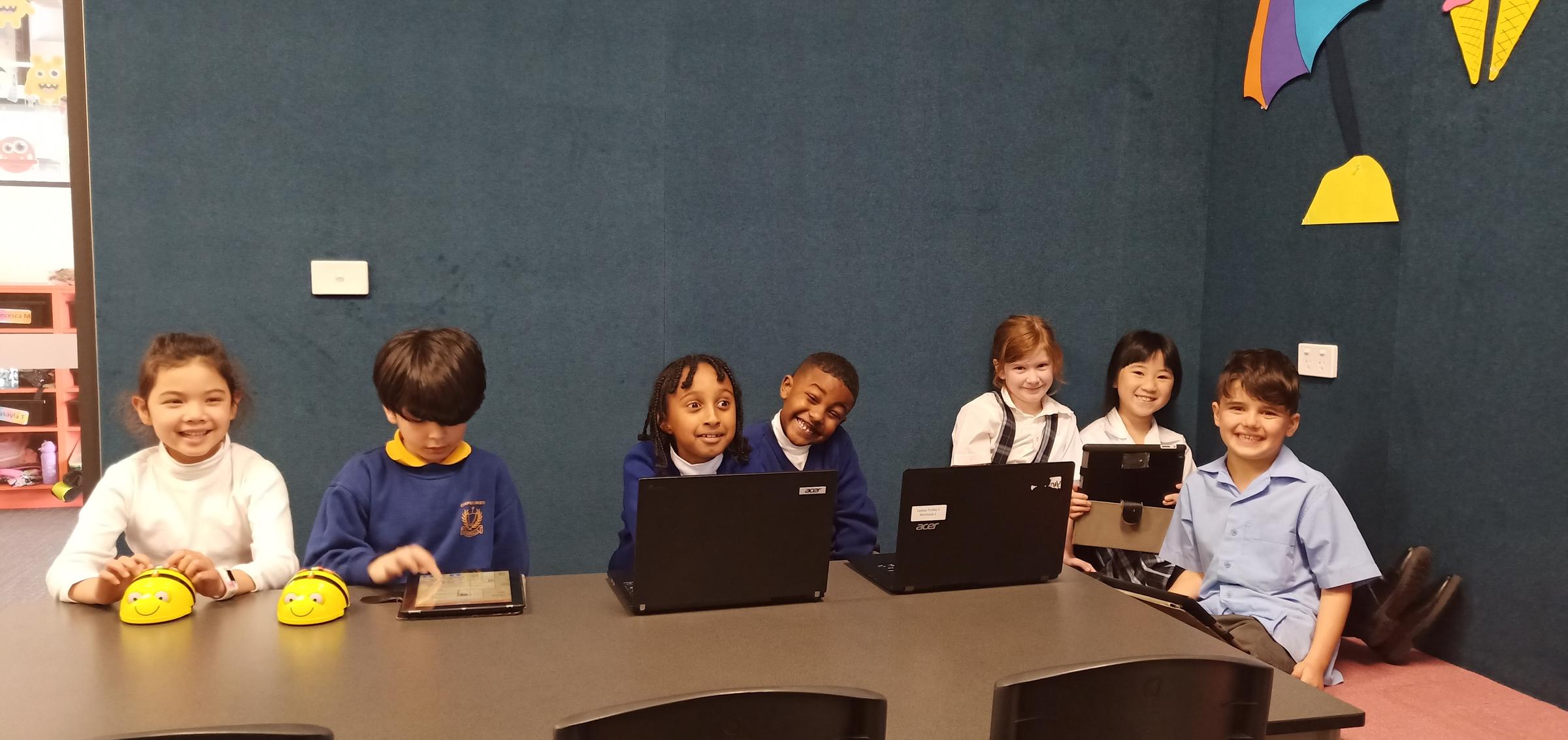e-Learning News

Act Safe, Be Safe
It's time for you to learn how to be secure when using a computer, tablet or phone.
Watch the video below so you have all the information you need to get the quiz answers right!
The hard-to-have conversations
Talking with your child about tricky personal subjects. It can be uncomfortable for parents and children alike. Here are some helpful hints and conversation starters that might make that process a little easier.
Listen, don't judge
Let your child know you are there to help them, no matter what. Listening will also help you understand their attitudes and respond to specific issues. For example:
- ‘I understand what you're saying, and I'm glad you came to me about this. You're not going to get into trouble, but we need to trust each other, fix this and move forward.'
- ‘You might not want to tell me all the detail, but if we can talk honestly about what's happened I promise I will listen and stay calm. No matter what happens, we can do this and I love you.'
Ask questions
Asking questions about how they feel and what they know helps you to gauge your child's level of knowledge and keeps you from lecturing.
For example, you could ask:
- ‘Have you seen anyone being bullied online? How did you think that made them feel? How did you feel? Has anything like this ever happened to you?’
- ‘Is cyberbullying a problem at your school?’
- ‘Do you think it was right for him to post that video online? What do you think might happen to him now that he’s done that?’
For kids under 8 years old
Strike a balance between protecting your children and avoiding increasing their curiosity.
- Focus more on how your child is feeling than on what exactly they saw.
- While you may want to avoid the issue of ‘too much information’, try to respond to your child's curiosity with honesty and candour.
For more information or assistance, please go to https://www.esafety.gov.au/parents/skills-advice/hard-to-have-conversations
E Learning Coordinator
Zachary Lane

